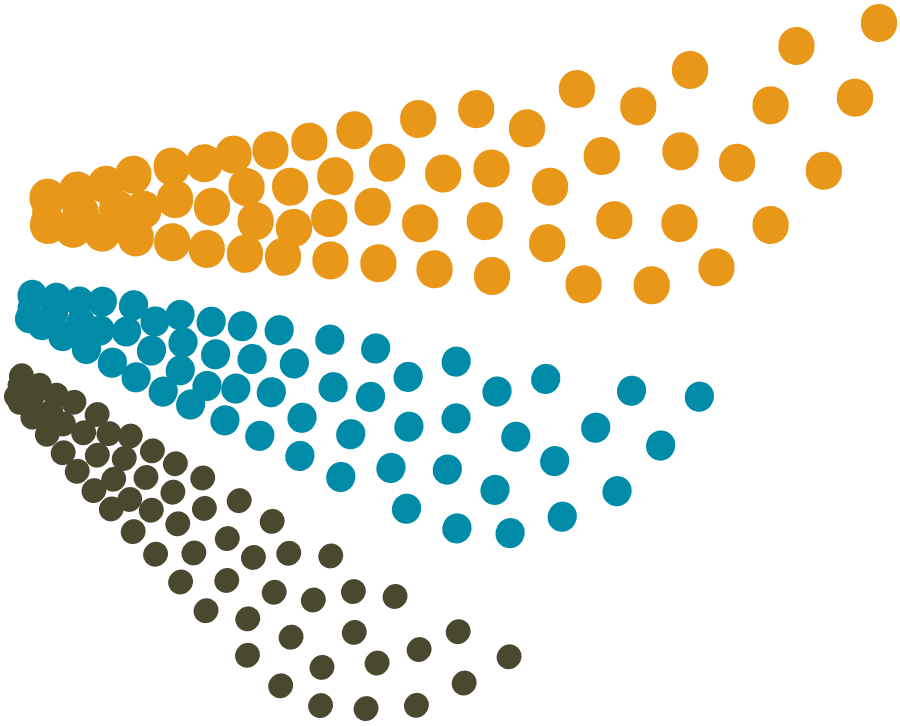
What can I say that hasn’t already been said about this unprecedented time? Democracy is unraveling in front of our eyes. People are on the punishing ends of every executive order pouring out of the White House. Just weeks ago, EJUSA felt the devastating effects directly, learning that the Department of Justice had canceled our grants to build public safety with nine growing community organizations.
Anti-Blackness can be found in so many of these decisions. Unfortunately, none of this is a surprise.
In 2020, a police officer murdered George Floyd, on camera. Historic uprisings created an undeniable inflection point in the movement for racial justice. We saw our society and its institutions respond in inspiring ways.
Our longer history shows, however, that every significant achievement and advancement of our rights and dignity is met with a dramatic backlash.
Less than three years later, I wrote about the then-mounting efforts to erase Black history across the nation. That was only the beginning, as we now see every day.
Today, Equal Justice USA has found itself in trying circumstances that stretch beyond the federal funding illegally seized from us.
Funders previously committed to advancing justice and reforming the criminal legal system have scaled back or completely ended their investment. EJUSA — along with our many movement allies — is adjusting to new, challenging realities because of reduced financial support. As a result, we have had to reassess our work and refine our focus.
This is not the first time we’ve shifted our mission. More than a decade ago, we developed new strategies in response to our growing understanding of the role trauma plays in perpetuating harm. The enduring nature of that traumatic harm is central to the racist punishment framework that our society uses to respond to violence.
In that case, though, we expanded our mission. This time is, unfortunately, different.
We are doubling down on the work of building a new justice system, one that prioritizes healing for people, rather than punishment. The healing is what will deliver true safety, especially in Black communities. Punishment will never do that.
To make this work lasting and to position the organization to thrive when our vision is needed now more than ever, we had to make some painful decisions about our programs these past weeks.
None was more painful than ending our Death Penalty Program, which has played a part in every successful state repeal over the past two decades. We’re committed to seeing this work find the right home and will let you know where that is as soon as possible.



